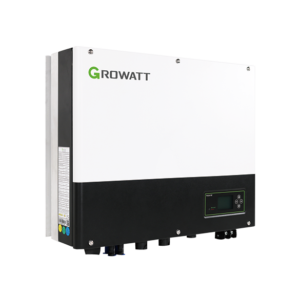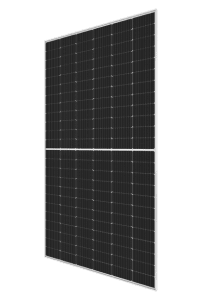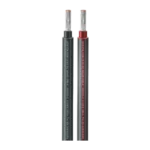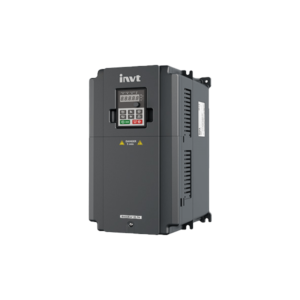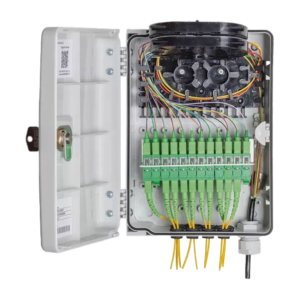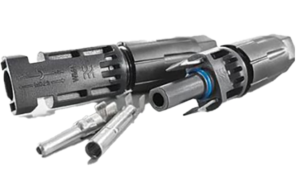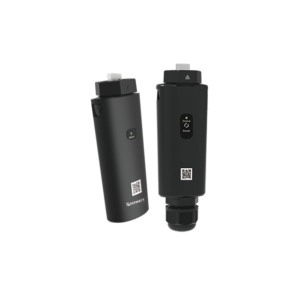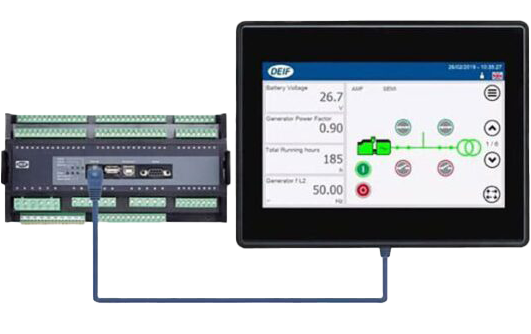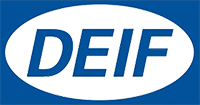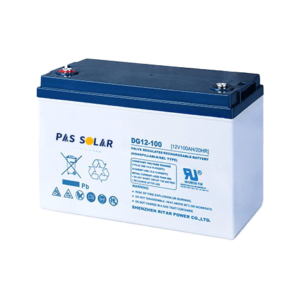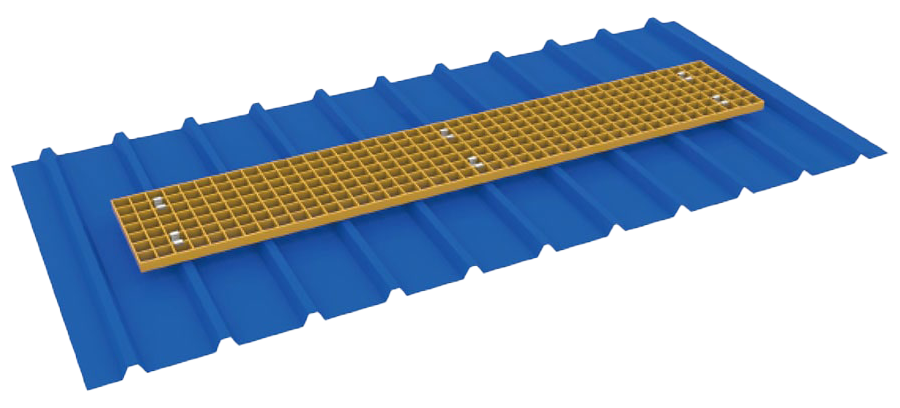


Best Price Guarenteed
7 days a week customer service
Full Consultation
Supply chain management
Assistance in choosing the right product
One stop shop
Genuine Products
Safe and Fast Delivery
Long-Term Warranty
Shop Online








Buy solar materials in Dubai
Solar energy is widely seen as a viable alternative to traditional forms of power. In some locations, it already provides a tenth of the world’s electricity. However, to fully realize this potential, we will need much more than just cheap panels and efficient inverters.
It might be difficult to choose and purchase solar panel equipment, especially if you are unfamiliar with the field. Here is a road map to assist you as you proceed.
1- Calculate your energy requirements before buying solar panel equipment. This will help you decide how much electricity you require. Determine how much energy your home or company uses on a daily basis. This can help you determine how big of a solar panel system you require.
2- Select a trustworthy installer: A professional solar installer with prior expertise installing solar panel systems is who you should seek out. Request references and read the reviews.
3- Select your solar panel type from the two available options: monocrystalline and poly crystalline. Poly crystalline panels are less efficient but more cost-effective than monocrystalline panels, which are both more efficient and more costly.
4- Think about the mounting method: Solar panels can be affixed to poles, the ground, or rooftops. Choose the mounting option that is ideal for your property.
5- Know your inverter system: An inverter transforms the DC electricity generated by your solar panels into AC power that can be used in your house or place of business. Inverters come in a variety of forms, such as string inverters, micro-inverters, and power optimizers.
6- Verify warranties: Be careful to look into any solar panel, inverter, and installation warranties provided by the manufacturer.
7- Cost-benefit analysis: Consider the installation, upkeep, and overall cost of your solar panel system, as well as the possible savings on your energy bills.
8- Look into government rebates and incentives: Look into any government rebates or incentives that can lower the cost of installing solar panel technology.
By according to these recommendations, you may select the ideal solar panel system for your requirements and profit from renewable energy at your house or place of business.


